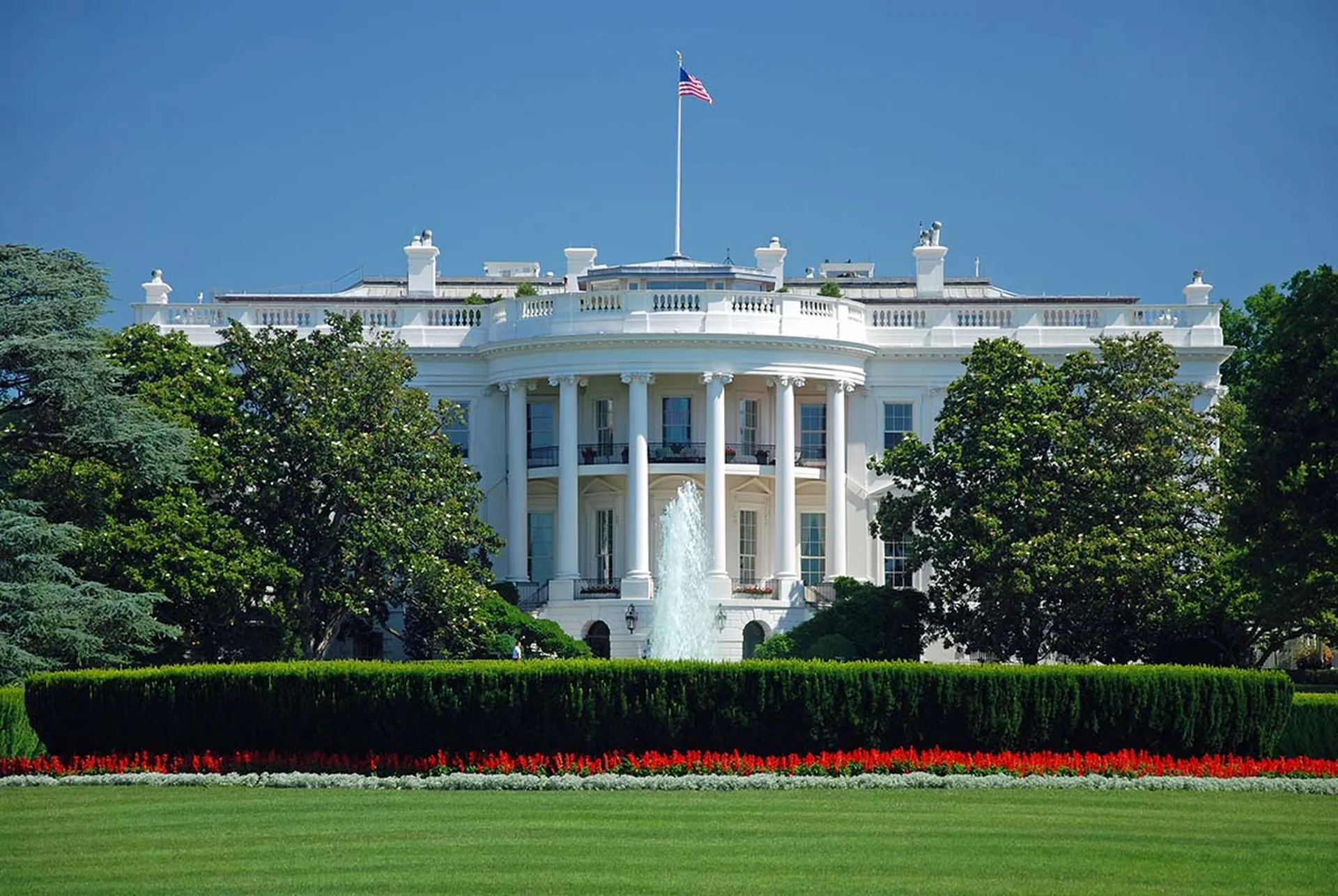Public-private partnerships created to battle IT security threats traditionally sound promising at first blush, but their potential often fizzles out due to the natural conflict that arises when government is seen as meddling in the affairs of industry.
But considering the sheer proliferation of compromised computers – Panda Labs recently found that every minute, 42 malware strains are created – one initiative appears inevitable: the internet service provider's (ISP) responsibility to combat botnets.
“In our country, we always have this debate whether the government should take a stronger hand or whether market forces are enough,” Cameron Kerry, general counsel at the U.S. Department of Commerce, said during a recent discussion on the topic, organized by the Center for Strategic and International Studies (CSIS). “We've run out of time to have that conversation, at least on some level. We have to get something done.”
Many view ISPs as the entity with the most ability to do something about the botnet scourge. That's why the Commerce and Homeland Security departments are seeking feedback on a program that would build incentive-driven codes of conduct for ISPs to voluntarily detect, notify and possibly assist in the removal of malware on consumers' machines. Public comments are due by Nov. 4.
Right now, the government's role is merely facilitator. How each stakeholder – which also includes end-users, security firms and potentially tool, operating system and application vendors – fits into the process is unclear.
Already, a number of U.S.-based ISPs, and at least one wireless carrier – given the concern around mobile malware – offer notification and remediation services for consumers, said Michael O'Reirdan, chairman of the Messaging Anti-Abuse Working Group. But there is no formal model in place, as exists in other countries.
Any model here must be certain to include awareness, prevention and privacy components, some participants at the CSIS discussion said. And Kate Dean, executive director of the U.S. Internet Service Provider Association, said the partnership must take into consideration the uniqueness of each ISP.
“Technology varies from company to company,” she said. “Whatever it is that comes out of the idea of creating new security must be one that the ISP can create on their own and can implement across their network.”



